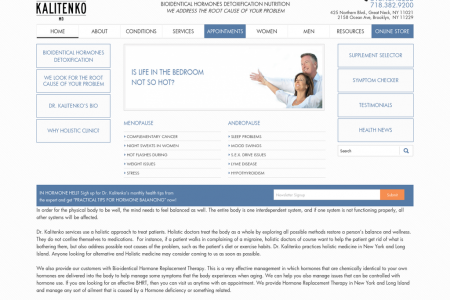
Beware “Dr. Web” and the Dreaded Google Self Diagnosis
WARE RE BEWARI BE BEWARE ARI "Dr. Web" DR. GOOGLE HAS A THRIVING PRACTICE INDEED! Americans use the Internet to research everything from recipes to real estate. It comes as no surprise they also use it frequently to check out health concerns! A 2013 35% survey from the Pew Internet and American 59% of US adults surveyed said they've gone online for health info. of these have done it Life Project revealed these facts about specifically to try and diagnose a condition Certain types are more likely to turn to the Internet to research Who health conditions. These are the Are These Self-Diagnosers? specific characteristics to look for • Female • Caucasian • Younger age • Holds a college degree • Income over $75,000 Are Internet Diagnoses Really Valid? Good news for health practitioners: MOST SELF-DIAGNOSING SURFERS DON'T TAKE MATTERS COMPLETELY INTO THEIR HANDS. Once they have researched their condition 046% of them report they follow up with a visit to the doctor 41% of those claimed their doctor actually concurred with their findings That may sound positive, but "Dr. Google" can still be a BIG PROBLEM for both professionals and the patients they treat. Here's a few reasons why. THE NO. 1 THING. THE NO.1 THING SELF-DIAGNOSIS LACKS This seems like a no-brainer, but self-diagnosis lacks objectivity. It's all too simple for people to lose perspective when worried about their own health It's easy to overdiagnose when overwhelmed or emotional This is why having a professional with a cool--and trained--head is crucial SELF-DIAGNOSIS SELF-DIAGNOSIS CAN MISS THE CAN DAMAGE AN LITTLE THINGS IMPORTANT BOND A self-diagnoser often cannot discern subtleties that seasoned medical It often puts the patient/medical professional relationship off on the wrong foot professionals can pick up on Trust is a cornerstone Healthcare specialists know what questions to ask to determine whether of good care symptoms better correspond to one diagnosis or another Undermining a professional's diagnostic position can have negative results A MATTER OF IMPORTANCE A layman can fixate on the "WRONG" symptoms Doing so, he or she may miss other, Sometimes the symptoms that cause the most more crucial ones discomfort aren't the most important for diagnosis THIS CAN HAPPEN FREQUENTLY IN THE CASE OF PSYCHOLOGICAL DISORDERS Non-trustworthy "medical" sites abound WHERE DID YOU GET THAT DEGREE FROM, DR. GOOGLE? A self-diagnosing surfer can start out on a trusted site (such as WebMD) and quickly get led away Many "scientific" sites are biased, fake, or advertorial in nature IN THE INTERNET AGE, A NEW RESPONSIBILITY Part of a health professional's job now should include routinely checking in with patients to make sure they aren't going overboard with self-diagnosis. The Web is certainly an okayplace to begin one's process of understanding a specific health concern Encourage your patients to always make a visit or call to a medical professional if they are experiencing symptoms Searches done in the arena of health care don't necessarily have to be "all good" or "all bad" that cause concern Soliant Health Source: http://blog.soliant.com/healthcare-it/beware-dr-web/
Beware “Dr. Web” and the Dreaded Google Self Diagnosis
Source
http://blog....re-dr-web/Category
HealthGet a Quote











